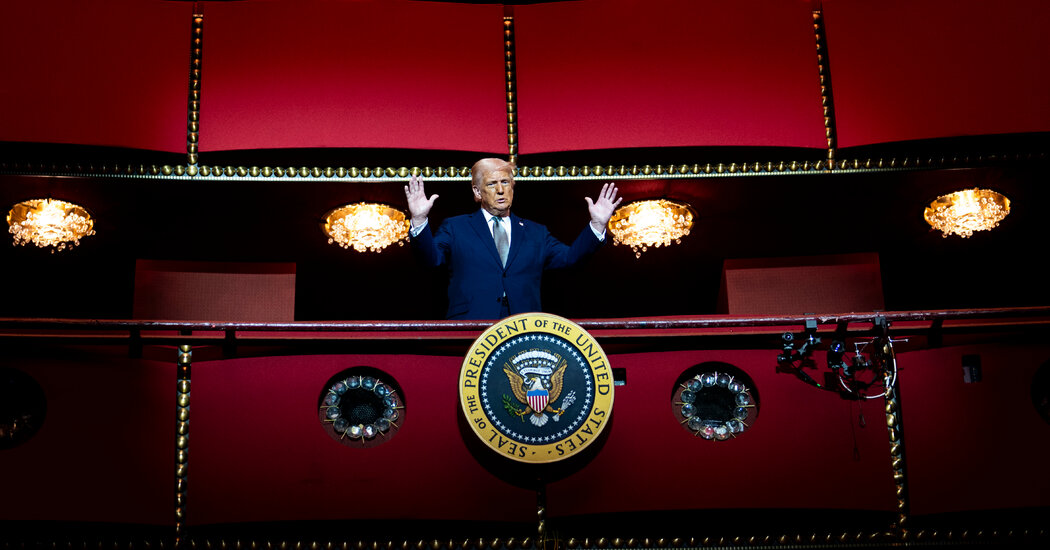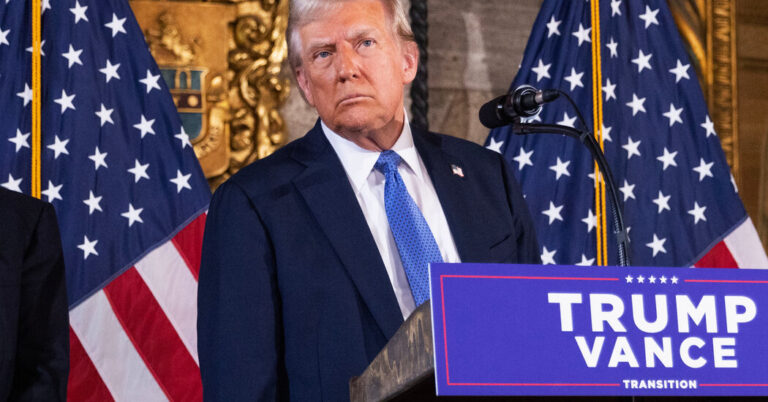Here is the result in plain text:
President Trump’s intensifying conflict with the federal courts is unusually aggressive. Unlike leaders who subverted or restructured the courts, Mr. Trump is acting as if judges were already too weak to constrain his power. “Honest to god, I’ve never seen anything like it,” said Steven Levitsky, a Harvard political scientist.
“In a lot of respects, this is worse,” he said. “These first two months have been much more aggressively authoritarian than almost any other comparable case I know of democratic backsliding.”
There are many examples of autocratic leaders constraining the power of the judiciary, but it is rare for leaders to simply claim the power to disregard or override court orders directly, especially so immediately after taking office.
In Turkey, President Recep Tayyip Erdogan has purged thousands of judges from the judiciary, but that required decades of effort and multiple constitutional changes. In Hungary, Prime Minister Victor Orban packed the constitutional courts with friendly judges, but did so over a period of years, using constitutional amendments and administrative changes.
The conflict between the Trump administration and Judge James E. Boasberg of the Federal District Court in Washington is nominally about deportation, but legal experts say it has become a showdown over whether judges should be able to constrain the executive branch at all.
Judges aren’t allowed to control the executive’s legitimate power,” Vice President JD Vance declared last month. “I don’t care what the judges think — I don’t care what the left thinks,” Mr. Trump’s border czar, Tom Homan, said this week during an appearance on “Fox & Friends.”
On Tuesday, Mr. Trump wrote on social media that Judge Boasberg was a “Radical Lunatic” and should be “IMPEACHED,” because the judge “was not elected President — He didn’t WIN the popular VOTE (by a lot!), he didn’t WIN ALL SEVEN SWING STATES, he didn’t WIN 2,750 to 525 Counties, HE DIDN’T WIN ANYTHING!”
Karoline Leavitt, the White House press secretary, said on social media that “A single judge” cannot mandate the movements of a planeload of people who were physically expelled from U.S. soil. In fact, U.S. courts can and do order the return of aliens who have been wrongfully deported.
The Trump administration’s tactics are highly unusual, said Andrew O’Donohue, a nonresident scholar at the Carnegie Endowment for International Peace, who studies clashes between courts and elected leaders around the world. Typically, battles over court power have tended to be extensions of political divisions.
In Israel, for example, the right-wing government led by Benjamin Netanyahu has sought to curb the power of the courts, which were historically associated with the country’s left wing. In Turkey, the courts were associated with the secular state, and clashed with President Recep Tayyip Erdogan’s religious, populist agenda.
But Mr. Trump and the federal courts are not ideological foes in the same way. Federal judges hold a range of views, but the judiciary has grown more conservative in recent decades. And the Supreme Court, which has a conservative majority, has delivered the political right a number of significant legal victories in recent years, including granting presidents sweeping immunity from criminal prosecution.
Courts do not have their own armies or significant police forces. Yet leaders typically obey judges’ orders, because of the political costs of flouting them.
The conflict has now entered a potentially more perilous phase, scholars warn, as Mr. Trump and his allies may see the judges’ actions as an existential threat to the president’s authority and power. The stage is set for a high-stakes showdown between the president and the federal judiciary, with the long-term stability of the American Constitution hanging in the balance.
Source link




